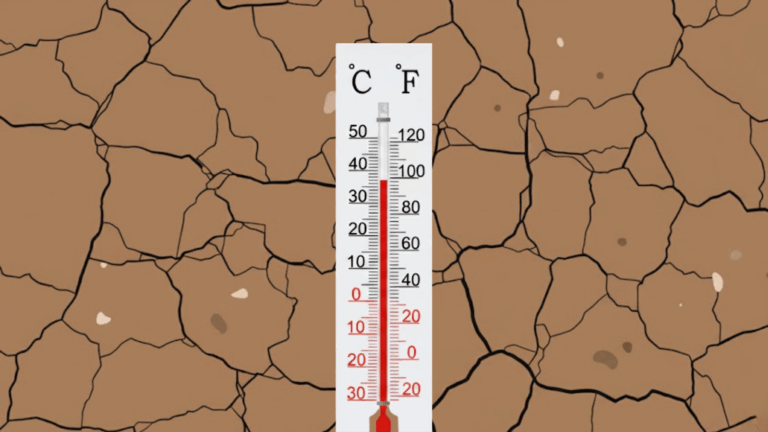‘Toothless’ sanctions
Why the world’s largest waste management company made a $3 billion bet on the US.
Current Access Level “I” – ID Only: CUID holders, alumni, and approved guests only
Past Event
September 22, 2020
9:00 am - 10:30 am
As underscored in the IPCC Special Report on 1.5, carbon capture utilisation and storage (CCUS) is vital to reducing emissions to net-zero by mid-century. To achieve this goal, we must go a step further and decisively embrace carbon dioxide removal (CDR) techniques. Net-zero emission pledges have gained significant traction in policy circles and civil society, signaling a higher level of climate ambition. In just the first quarter of 2020, numerous governments and corporations have made major commitments to achieve net-zero emissions by 2050. The arithmetic requirements and technical opportunities of a net-zero global energy system are most clear when considering the road to a mid-century goal. To this end, the next decade will be central to any successful climate strategy with a net-zero ambition. With this clear premise and critical timeframe in mind, Columbia University’s Center on Global Energy Policy (CGEP) and the Global Carbon Capture and Storage Institute partnered on a net-zero emissions economy project, resulting in a seminal report which the two organisations are pleased to launch with a virtual event during the 2020 New York Climate Week. The report, “Net-Zero and Geospheric Return: Thinking about 2030”, frames carbon management, including CCUS and CO2 removal, in the context of net-zero emissions and returning carbon back to where it came from, the geosphere. During this virtual event the authors of the report will be joined by leading climate scientists and policy makers. This high-level event seeks to explore the critical role of CCUS and CDR in a net-zero emissions framework and the value of a balanced carbon management approach to 2030; an important milestone through which any entity with a net-zero pledge must measure their progress towards the ultimate 2050 goal. — Advance registration is required. This event is open to press, and registration is required to attend. For media inquiries or requests for interviews, please contact Artealia Gilliard ([email protected]) or Genna Morton ([email protected]). For more information about the event, please contact Caitlin Norfleet or Nicolina DueMogensen ([email protected]).
This event is open to Columbia University students only. Join the Center on Global Energy Policy’s Women in Energy initiative for an interactive discussion on human rights and...

*Registration is closed for this event. The Center on Global Energy Policy at Columbia University SIPA's Women in Energy initiative, in collaboration with the Columbia Policy Institute, invites...

While various efforts continue to be made to estimate fashion’s environmental footprint, major gaps remain in how to decarbonize material production and reshape business practices.

This event is at capacity, registration is closed. In the wake of federal rollbacks, climate professionals are increasingly turning to state and local governments, philanthropy, and the private...

Connecticut needs an honest debate, and fresh thinking, to shape a climate strategy fit for today, not 2022.


As diplomats meet in Brazil for COP30, global resolve to tackle the climate challenge appears badly frayed.
